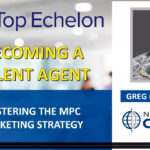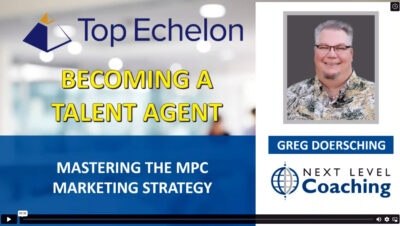So far in this series of blog posts, we’ve discussed why every recruiting client should know that “playing the field” is a losing strategy and that “you get what you pay for.” However, there is much more of which companies and hiring managers should be aware both prior to and during the search for top candidates.
Below are two more things that every recruiting client should know:
#1—A-players don’t hang around forever.
It’s a candidates’ market. With the high demand for good talent, A-players can choose their team carefully. That is why our clients’ hiring processes must be reasonable. We live in an Internet world where information is at our fingertips and communication is instantaneous. Hiring processes that take six to eight weeks don’t cut it. Streamlined hiring processes do. To top talent, a bogged-down hiring process represents the decision-making process for everything else in the company. They see an organization not nimble enough to compete.
One of the most important things a good recruiter does is consult with clients to help develop a healthy hiring process. The goal is to trim the hiring process to an efficient and lean recruitment period of two weeks once the candidates have been submitted. Anything longer than four weeks, and the A-player will be gone. Only the B and C-players will remain. Not a championship team in the making. It’s critical to streamline the hiring process to appeal to top talent and be ready to opt out of the game if the client clings to a drawn-out process.
#2—Offers should not go out without knowing they’ll be accepted.
I was recently asked by a major banking institution to help with a commercial lending VP search. In our discussion, I learned that the bank had sent out five offers, with not one being accepted. I was surprised, but not shocked. Many companies are experiencing the same problems in today’s talent-driven market.
Still, most hiring managers think it is perfectly okay to send out an offer without knowing it will be accepted. One hiring manager said to me, “Let me give him something to think about.” Good idea. It did give him something to think about: which trash can to toss the paperwork in.
Candidates know whether they will accept the job before the final interview. As long as there are no surprises in that discussion, the decision should be a done deal. The candidate has already been thinking about it for up to four weeks based on the interview process. Good recruiters set expectations up front, addressing any concerns, compensation, vacation, title, responsibilities . . . nothing is left to chance. Because the recruiter has qualified the candidate, there is no need for a candidate to think about it overnight or over the weekend or the next week.
It is your job to help your clients understand why the commitment of acceptance should be in hand before any offer goes out. It saves a lot of time, aggravation, and wasted paperwork.
— — —
Jon Bartos, a guest writer for the Top Echelon Recruiter Training Blog, is a premier writer, speaker, and consultant on all aspects of personal performance, human capital, and the analytics behind them. In 2010, Bartos founded Revenue Performance Management, LLC. The RPM Dashboard System is a business intelligence tool used worldwide for metrics management for individual and team performance improvement. In 2012, Bartos achieved national certification in Hypnotherapy, furthering his interest in learning the dynamics behind what motivates others to achieve higher levels of success. Click here to visit Bartos’s website.








